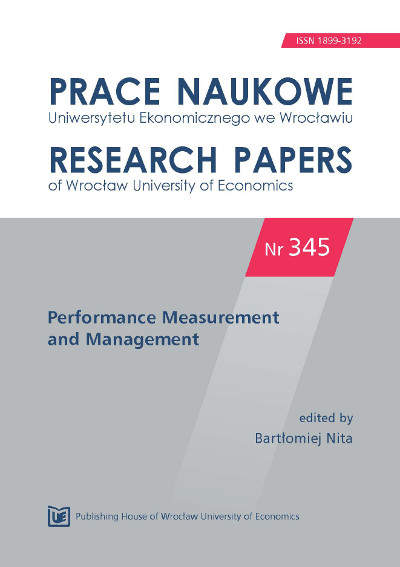Author(s): Jelena Živković,Vukašin Šušić / Language(s): English
Issue: 1/2012
Rapid development of the human society over the last two centuries was based on the excessive and uncontrollable use of fossil, non-renewable energy resources. As modern society developed, the need for energy has grown bigger, while the reserves of the non-renewable energy resources have lessened. That is why, nowadays, it is not possible to solve the majority of the global problems without involving energy issues, whether the climate changes are concerned, new world economic crisis or current geopolitical conflicts. Among energy resources, in the modern world, due to their enormous importance as energy resources and raw materials in industry, oil and natural gas have been and still are, geopolitically, the most important 'goods'. Despite all efforts to develop alternative energy sources and to use energy rationally, the position of oil as an energy resource is not severely shaken. Oil reflects the division of the world economic and political power. Disposal of oil wells determines political and economic position of a country, as well as its inner stability or instability and perspective for development. Oil also dictates the position of particular countries in international trade on the global market, and that position depends on the fact whether or not the country is an importer or exporter of oil. For economic, but also military reasons, each country tries to provide sufficient oil supplies; therefore, steady supply of oil has become an important part of security politics of every country. This paper analyses spatial distribution of the reserves, production and consumption of oil and natural gas, with intent to indicate future trends in use. It also deals with possible geopolitical consequences of their use.
More...


